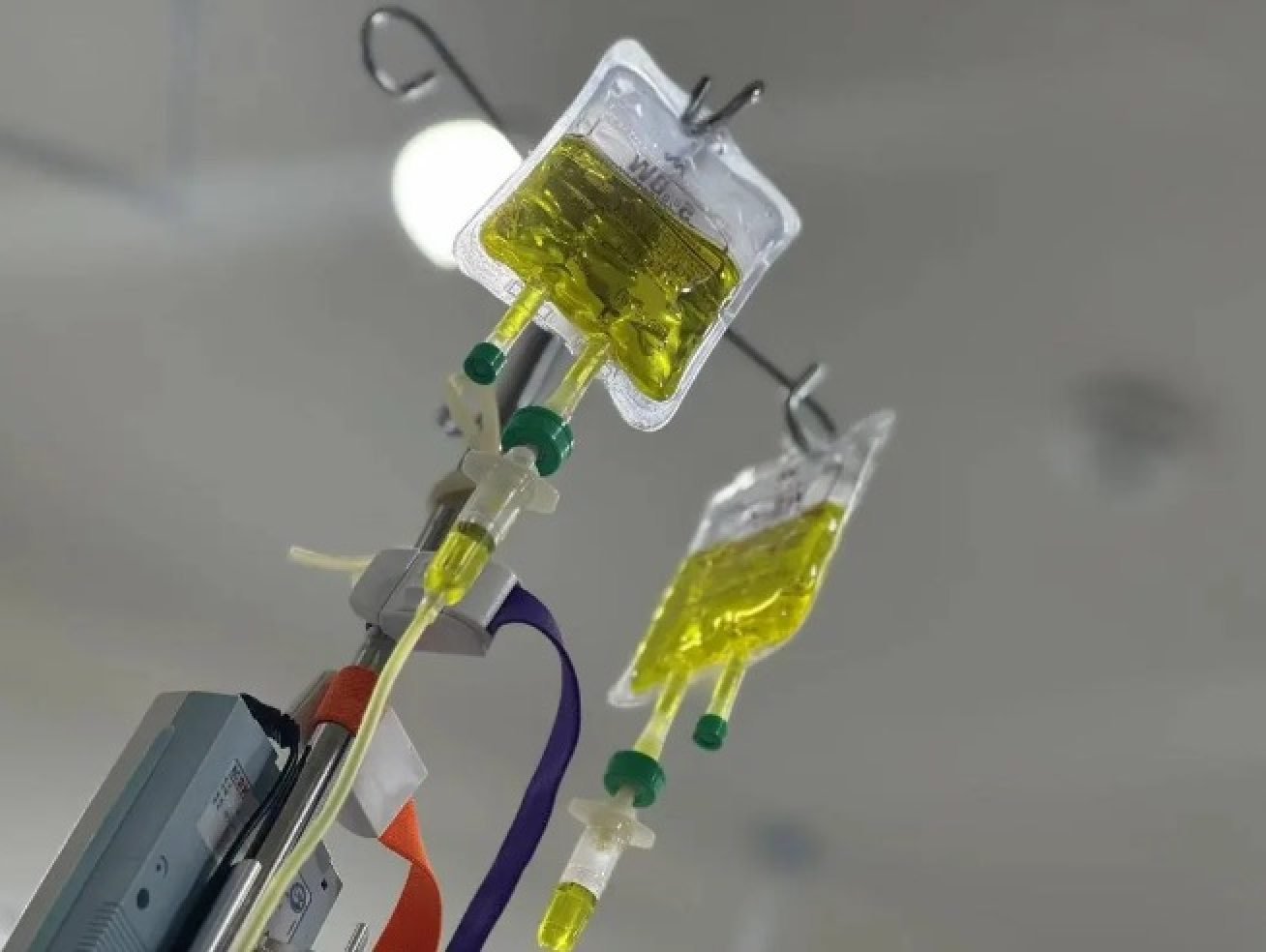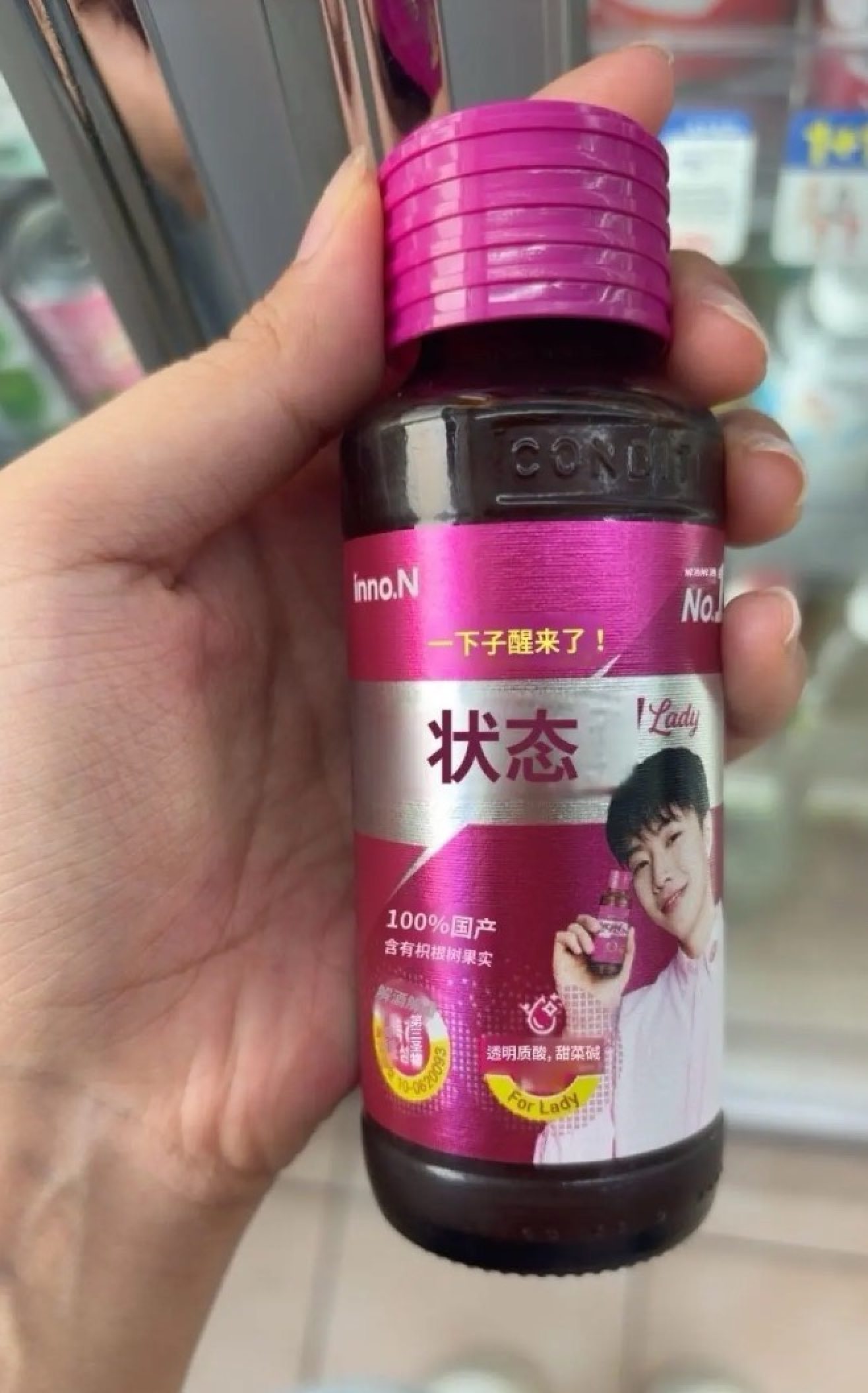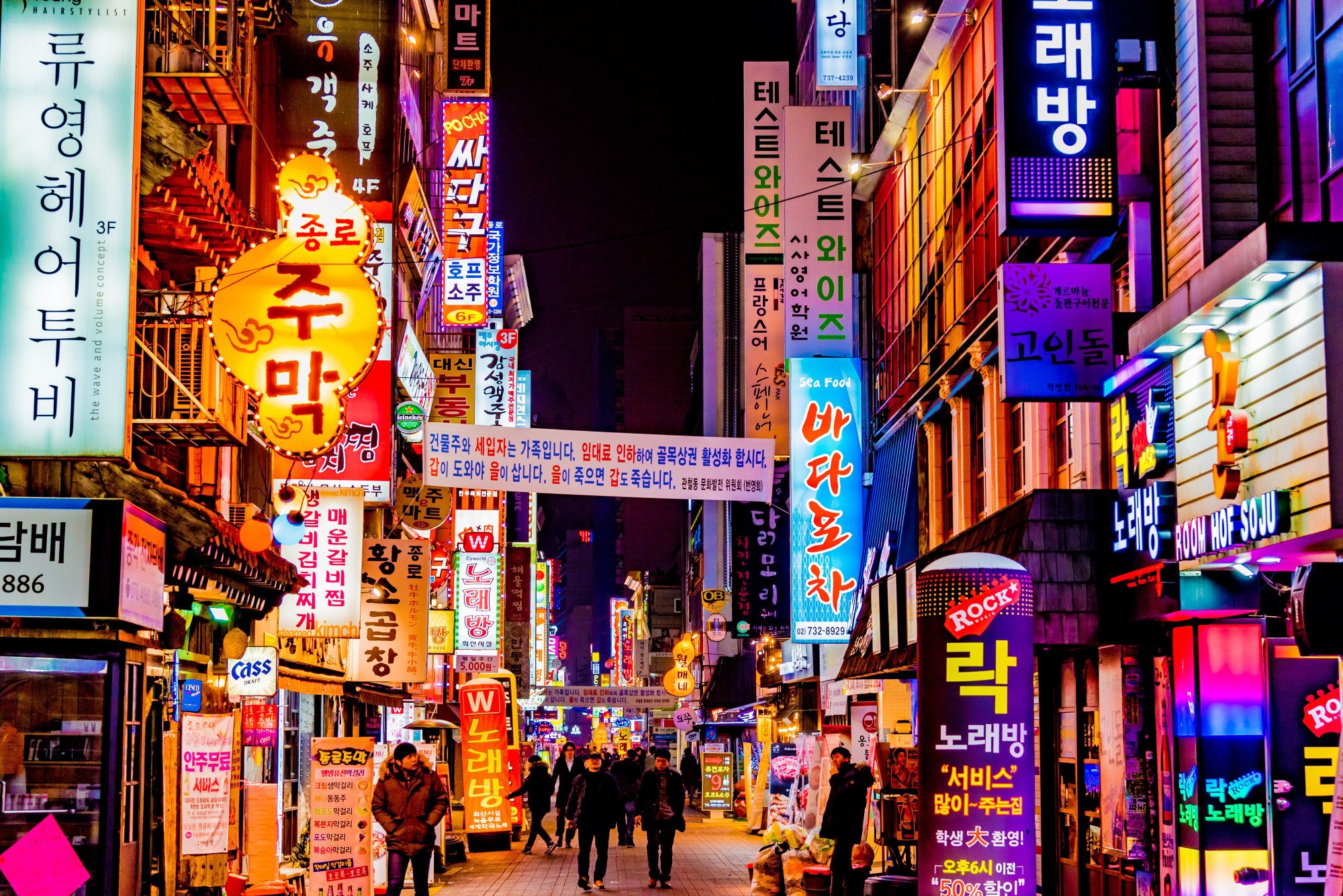Office workers in South Korea and China have taken to intravenous (IV) drips to combat fatigue and restore their energy for work.
Known as intravenous nutrient therapy (IVNT), these drips typically consist of a blend of liquid vitamins and saline, infused directly into the body.
Originally utilised for cancer treatment, joint health, and growth therapies, IVNT has expanded into aesthetic medicine, as noted in a June report from Medical Aesthetics News, a South Korean beauty industry portal.
Do you have questions about the biggest topics and trends from around the world? Get the answers with SCMP Knowledge, our new platform of curated content with explainers, FAQs, analyses and infographics brought to you by our award-winning team.
At the Tox & Fill beauty clinic in Seoul, the cost of nutrient drips ranges from 25,000 to 60,000 won (US$18 to US$45) per session, which lasts approximately 40 minutes. The clinic recommends a weekly infusion.
Sejin Plastic Surgery, another clinic in Seoul, indicates on its website that the Cinderella, garlic, and placenta drips are the most popular blends among its clientele in South Korea.

The Cinderella drip is rich in antioxidants such as alpha-lipoic acid and Vitamin C, with claims that it reduces oxidative stress and slows the ageing process.
The garlic drip, derived from Vitamin B1, leaves a garlicky taste and is said to alleviate fatigue, particularly for those suffering from insomnia.
As for the placenta drip, it contains various components from the placenta, including amino acids, aimed at helping middle-aged women restore skin elasticity.
South Korean experts believe this trend began between 2016 and 2017, coinciding with the investigation of former South Korean president Park Geun-hye for corruption.
In 2016, the National Assembly disclosed that Park’s administration had made 31 purchases of IVNT drips, including the Cinderella, garlic, and placenta treatments, totaling 20 million won (US$15,000) from March 2013 to August 2016.
The media’s focus on IVNT treatments sparked interest, leading to a surge in popularity among exhausted workers seeking a quick energy boost.
“We prefer solutions that yield rapid results. Many office workers under intense pressure rely on nutrient drips,” Kim Jong-wan, a South Korean in his 30s, shared with Southern Weekly.
A survey conducted by South Korea’s Asian Daily found that over half of young people feel mentally and physically drained from the pressures of pursuing success.

Shen Hui, a Chinese student at Ewha Womans University in Seoul, expressed feeling increased competition with her peers. When writing papers, she opts for a garlic drip and has noticed significant benefits.
“The drips are painless. The doctor recommended the garlic drip for people like me who stay up late because it helps alleviate fatigue,” she noted.
Shasha, a 24-year-old student from Yunnan, southwestern China, currently studying in South Korea, mentioned her intent to try the Cinderella drip.
She told the Post: “My South Korean roommate has been receiving Cinderella drips for six months. Her skin looks smoother, and she’s more energetic, but I believe her fitness routine and diet also contribute.”

“Intravenous nutrient infusions bypass the body’s filter system, raising the risk of serious reactions like phlebitis,” said Deng Guifang, a nutritionist at Huazhong University of Science and Technology Xiehe Shenzhen Hospital told the Post.
She advises focusing on gut-based nutrition and following a balanced diet for better overall health.
A 2021 study by South Korea’s National Evidence-based Healthcare Collaborating Agency urged caution regarding IV drips. The study found insufficient evidence supporting their effectiveness and highlighted potential risks of severe side effects, including anaphylactic shock.
Ki Moon-sang, director of Enbi Medical Aesthetics Clinic in South Korea, emphasised that nutrient IV drips should be considered for prevention and supplementation rather than as treatments, advising against over-reliance or misplaced trust.
More from South China Morning Post:
- China tea shop in hot water after ‘funny’ video of staff wearing paper handcuffs backfires
- Thai official, inactive for 10 years, continues to receive salary while working at nightclub
- China woman who survived husband’s attempted murder in cliff fall gives birth to IVF baby
- ‘Traumatised’ China rural woman who uses sob story to gain sympathy online exposed as fraud
- Woman in China choked to death after rejecting step-grandfather’s demand for money
For the latest news from the South China Morning Post download our mobile app. Copyright 2024.





